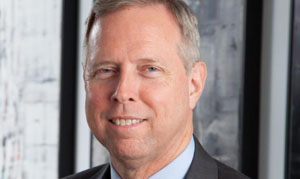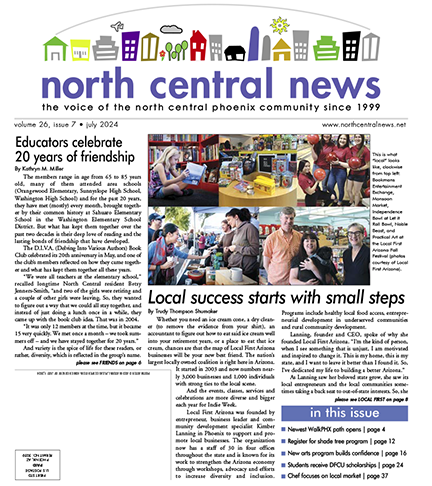[btn]By Harvey Amwake, C.P.A.[/btn]
According to the Small Business Administration, a third of small businesses fail within the first two years. Over half fail in the first five years. So if you’re thinking about starting a small business, it pays to take an honest look at yourself, your business idea, and the marketplace. You can increase the odds that your business will survive by avoiding three very common mistakes.
Mistake No. 1: Not enough cash. If you’re starting out, it’s a good idea to accumulate— before you enter the marketplace—a cash reserve that’s about three times your estimated need. Small businesses often face down times, when sales aren’t exactly stellar and revenues slow to a trickle. Also, unforeseen expenses for insurance, staff, buildings, advertising, taxes (the list goes on and on) can cripple your business and shut it down before it’s out of the starting block. Extra cash can make the difference between a survivor and a statistic. A reserve fund provides an extra bit of cushion to keep the business operating as you work toward the next sales goal.
Mistake No. 2: Inadequate planning. Building a business is like building a house. You need a foundation, clear goals, and an implementation strategy. Where do you want to be a year from now and beyond? If people built houses with as much foresight as many start-up businesses put into planning, you’d see a lot more folks camping in their basements. Developing a sound business plan means doing solid research. It means understanding the marketplace, knowing what sets your product apart, and getting a grip on the costs to implement your plan. An idea is not a business plan. You need to flesh out the idea and get down to specifics.
Mistake No. 3: Inflexibility. Once you’ve developed your business plan, be willing to adapt it to changing conditions. More than a few businesses have started with a great business model, but failed to modify that model when market conditions evolved. If your customers or competitors change (and they will over time), don’t be afraid to change with them.
If you’re considering starting a small business and would like assistance, talk to your financial adviser or give us a call.
This article is for general information only and does not constitute financial advice. If you have any questions about financial matters, consult a professional tax adviser. Harvey Amwake, CPA, is a tax and small business consultant with the accounting firm of Harvey E. Amwake, PLLC., at 6232 N. 7th St., Suite 105. He can be reached at 602-753-0377 or by e-mail at Harvey@AmwakeCPA.com.










































